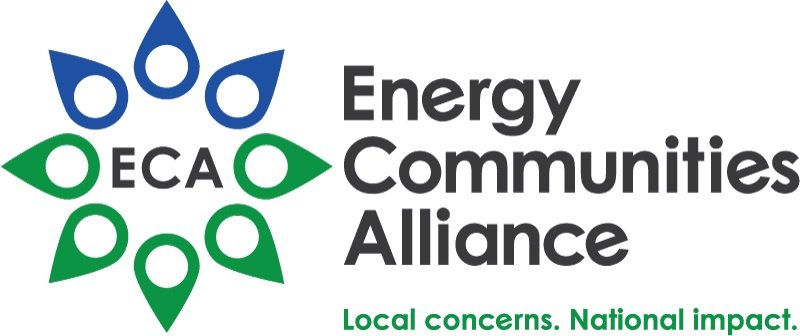Increases in EM, NNSA, and NE - Energy and Water FY24
ECA Staff | 03/05/2024
The House and Senate Appropriations Committees released a six-bill spending package of final Fiscal Year 2024 appropriations bills.
The Consolidated Appropriations Act, 2024 will be considered in the House the week of March 4th, with the Senate to follow for a vote. Legislative action must be complete before the March 8 funding deadline that was set late last week to avoid a partial government shutdown.
A summary of the package is available here.
Bill text is available here.
Joint explanatory statements for each division of the package is located at Division D - Energy and Water Development and Related Agencies Appropriations Act, 2024
Energy and Water Development and Related Agencies
The Fiscal Year 2024 Energy and Water Development Appropriations Act provides $58.2 billion in total funding for the Department of Energy, Army Corps of Engineers, Bureau of Reclamation, and independent agencies.
Key Points & Highlights – Department of Energy
The bill provides a total of $50.2 billion for the Department, including:
Nuclear Energy: The bill provides $1.7 billion. The funding invests in research, development, and demonstration activities to support the next generation of clean and safe reactors, further improve the safety and economic viability of our current reactor fleet, and contribute to the nation’s long-term leadership in the global nuclear power industry. Additionally, the bill makes available up to $2.7 billion for uranium fuels, up to $900 million for small modular reactors, and up to $100 million for university-based nuclear reactor safety training.
National Nuclear Security Administration: The bill provides $24.1 billion for DOE’s nuclear security programs.
Both Los Alamos and SRS saw increases in their budgets from the request for Pit Production modernization.
This funding includes:
Weapons Activities – $19.1 billion to maintain a safe and reliable nuclear deterrent. This includes $142 million above the budget request for Savannah River plutonium pit production, and a nearly $450 million increase above fiscal year 2023 for the Uranium Processing Facility in Oak Ridge, Tennessee.
Defense Nuclear Nonproliferation – $2.6 billion, an increase of $91 million above the fiscal year 2023 level and $72 million above the request. This funding secures nuclear material at home and abroad, combats the threat of nuclear terrorism, and provides emergency response capabilities.
Naval Reactors –$1.9 billion to continue safe and reliable operation of the Navy’s nuclear-powered fleet.
Environmental Management: The bill provides $8.5 billion to fund the federal government’s responsibility to clean up the nation’s defense sites (defense environmental is $7.2 billion-which is $211 million more than requested and increase of $260 million more than last year). In particular, the bill provides additional funding for clean-up sites at many of the sites. Key provisions for EM
Future Year Budgets.-The agreement reiterates direction for the Department to include out-year funding projections in the annual budget request for Environmental Management, and an estimate of the total cost and time to complete each site.
Hanford.-Not later than 30 days after enactment of this Act, the Department shall provide to the Committees a briefing on the findings of the "Follow-on Report of Analysis of Approaches to Supplemental Treatment of Low-Activity Waste at the Hanford Nuclear Reservation" completed by the federally funded research and development center and the "Review of the Continued Analysis of Supplemental Treatment Approaches of Low-Activity Waste at the Hanford Nuclear Reservation: Review #3" completed by the National Academies of Sciences, Engineering, and Medicine in 2023 pursuant to section 3125 of the FY2021 National Defense Authorization Act.
Containment Ventilation Systems.-The agreement provides up to $7,000,000 for work on qualification, testing, and research to advance the state-of-the-art containment ventilation systems.
The agreement provides up to $5,000,000 to leverage the DOE Scholars Program to enable the training of technicians, engineers, and scientists to support cleanup and remediation activities across the
program.
The agreement provides up to $5,000,000 for continued independent review, analysis, and applied research to support cost-effective, risk informed cleanup decision making.
The budget tables identify specific site budgets
Science: The bill provides $8.2 billion in new directed funding—$140 million over fiscal year 2023—for the Office of Science. This funding will help implement the bipartisan CHIPS and Science Act of 2022. The Office of Science is the largest federal sponsor of basic research in the physical sciences and supports 22,000 researchers at 17 national laboratories and more than 300 universities.
ECA staff will continue to monitor progress on FY 2024 Appropriations.
